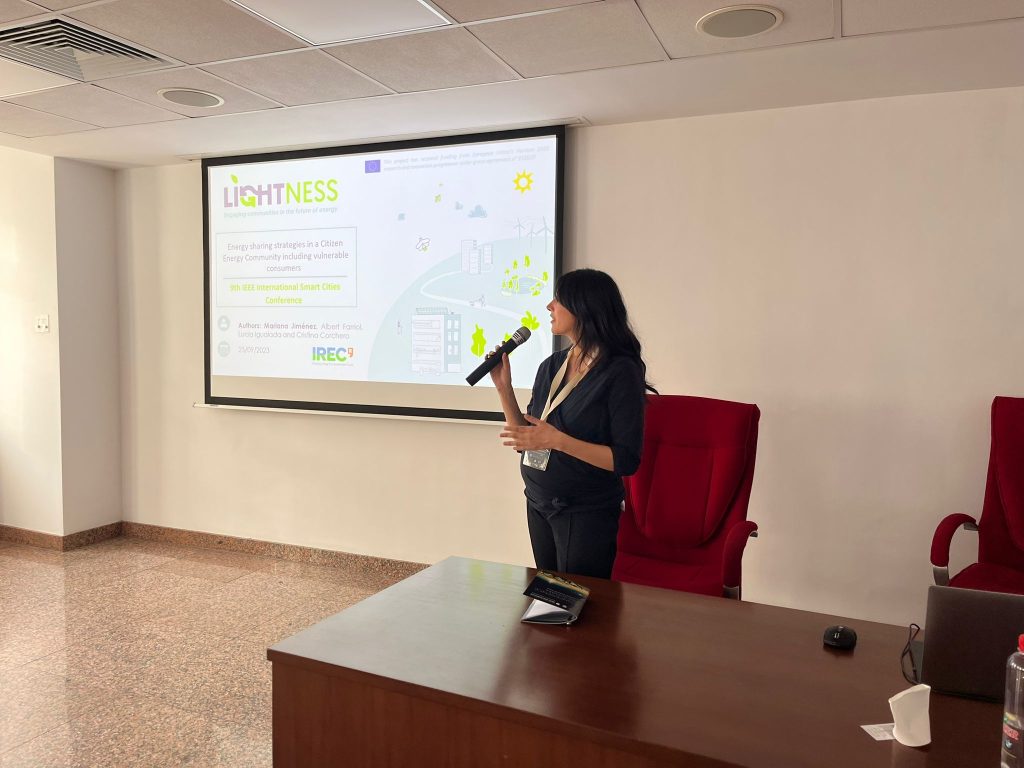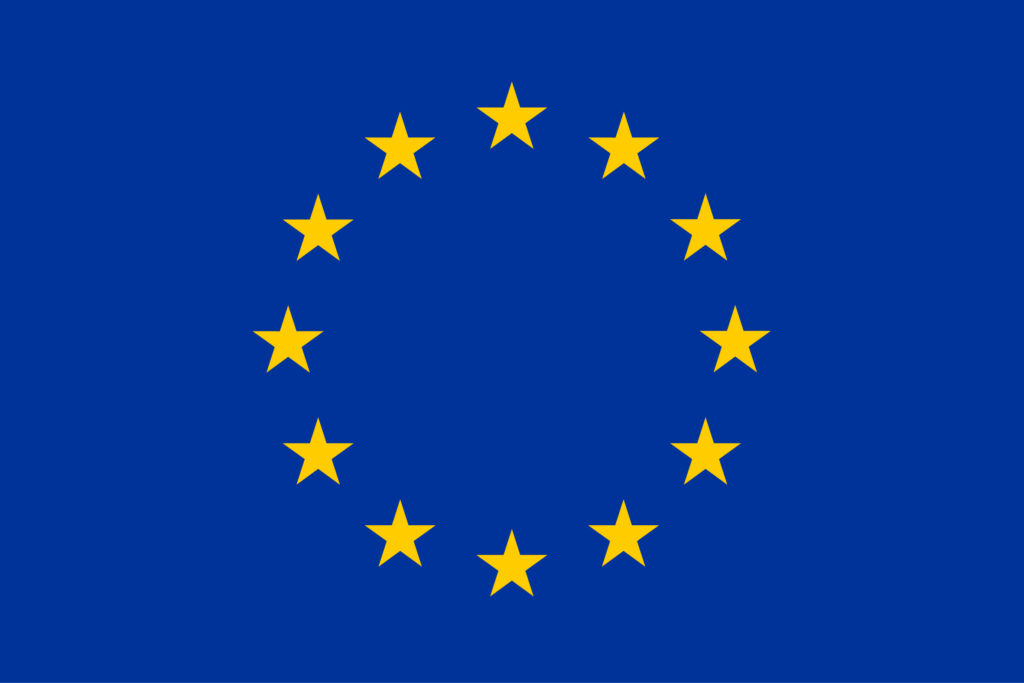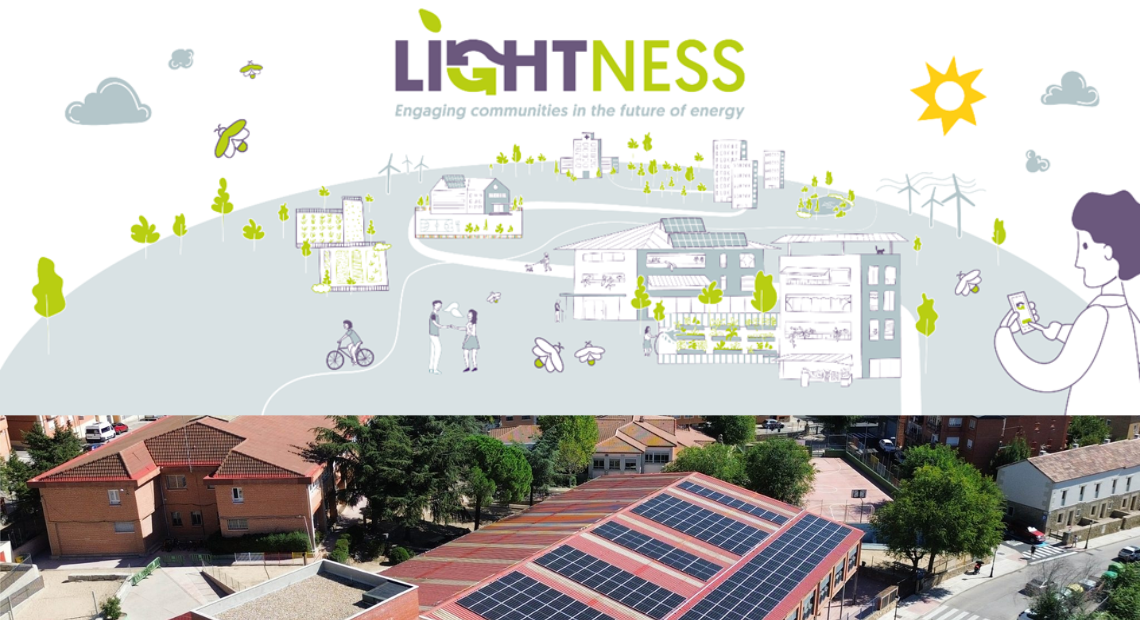In November 2023, the EU H2020 financed project Lightness has come to its end. During the execution period, the Lightness project aimed to empower citizens to generate, share and sell renewable energy and thereby contribute to making the European energy sector more sustainable and democratic.
Within this project, the Energy Systems Analytics researchers Mariana Jiménez and Albert Farriol were involved in different tasks such as the leadership of the activities concerning the improvement of the module for forecasting of energy demand generation, flexibility and prices, the participation in an interview, co-designing end user survey and reflection on end-user experiences and leading the market and stakeholder analysis to understand exploitation potential of LIGHTNESS solutions.
As a result of these activities, a work based on one of the LIGHTNESS pilots in Spain was presented at the 9th IEEE International Smart Cities Conference. The presentation, done by Mariana Jiménez from IREC, explored different energy sharing strategies for a group of members from ManzaEnergía, the energy community in Manzanares el Real, including a set of public buildings and 10 families in a situation of energy vulnerability.

The proposed strategies were based on the rules for collective self-consumption in Spain and were formulated in a linear optimization model following a cost-minimization approach. In the strategies formulation, the possibility to share energy using fixed as well as variable distribution coefficients per month and hour, as allowed by the regulation, were considered. In addition, special distribution criteria were applied to the vulnerable families’ group to ensure that they receive a minimum share of the generated energy, and that the energy dedicated to this group is fairly distributed among families while minimizing the community’s overall energy costs.
The main outcomes from this work show that using fixed coefficients is the least efficient approach, but using variable coefficients per hour is only worth using if other actions that promote flexible energy use are considered, otherwise, monthly coefficients offer similar results and are easier to explain to users. For the energy vulnerable group, setting the same coefficients for everyone at all time steps is a straightforward strategy, but using a more flexible approach like allowing different coefficients as long as the total energy volume assigned to each at the end of the year is the same might lead to more efficient results if hourly variable coefficients are also implemented. As a future work, it is expected to couple the optimization model with the forecasting algorithm developed by IREC as part of the LIGHTNESS project. So far, the presented work considered a perfect forecasting approach, so the influence of forecasting errors on selected strategies remains to be incorporated.
The optimization algorithm and sharing strategies were developed at IREC by Mariana Jiménez, Albert Farriol, Lucía Igualada and Cristina Corchero. The case study was based on the pilot in Manzanares el Real, Spain and was set up in collaboration with Lucas Porto from R2M Solutions Spain and Clara Majadas from Traza.
This project has received funding from the European Union’s H2020 research and innovation programme under grant agreement number 953020.




